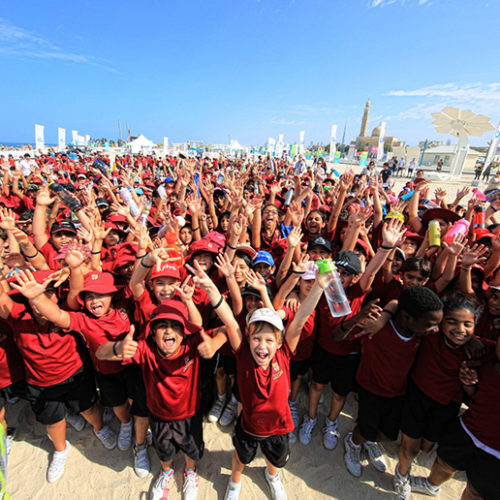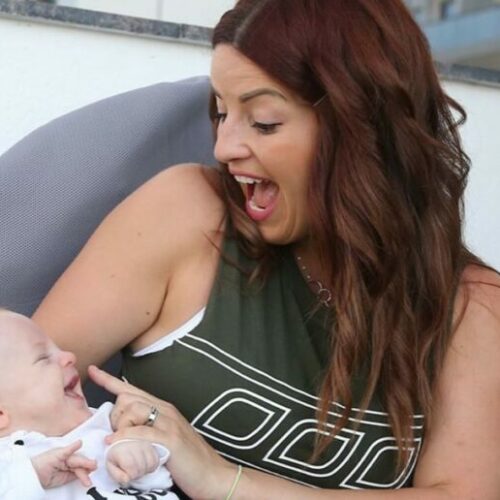Sound Asleep
Sleep Apnea in Children
By Heather Long Vandevoorde, Ph.D.
When we talk about snoring, a vision of grandpa sitting in his easy chair comes to mind, but did you know that 20% of children often snore, and 7-10% snore every night? While snoring and teeth grinding are usually perfectly normal in children, they could also be the sign of obstructive sleep apnea, a common sleep disorder.
Sleep apnea can impact sleep quality and development. If left untreated, it can lead to significant developmental and health issues. “Sleep Apnea can be disruptive to a child’s everyday activities causing depression, irritability and daytime fatigue. Worst case, it can put children at an increased risk of heart attack, stroke, weight gain, high blood pressure, heart failure and falling asleep during daily activities,” says Dr Irshaad Ebrahim, specialist neuropsychiatrist, sleep physician and medical director at The London Sleep Centre, Dubai.
Should your child experience any symptoms of sleep apnea, you may want to seek the advice of a sleep specialist. Dr Ebrahim recommends the combination of a sleep study and CBCT scan (which is extremely low in radiation and safe for young children), which allows experts in paediatric sleep-disordered breathing to identify the exact problem areas.
One possible treatment involves the usage of oral appliances which combine advancing the lower jaw, keeping the tongue forward and preventing nasal valve collapse and teeth grinding all at the same time.
Other cases may require the nightly use of the CPAP (Continuous Positive Airway Pressure therapy) machine. CPAP provides a gentle and steady flow of air through a mask worn over the nose – this keeps the airway open and prevents pauses in breathing as your child sleeps.
The sooner you seek treatment, the faster you can help your child rest easier. The results can be astonishing: better performance in school, increased attention span, less moodiness, and an improvement in overall health.

California’s UCLA Sleep Disorders Center offers this list of warning signs. Your child may be suffering from sleep apnea if they:
- Sleep in an unusual position, with the head off the bed or propped up with many pillows
- Snore loudly and often
- Stop breathing for very short periods during the night
- Snort, gasp or completely wake up after a pause in breathing
- Sweat heavily during sleep
- Have behavioural problems at school, the day care or home
- Sleep restlessly
- Are difficult to wake up even after a long night of sleep
- Have headaches during the day, especially in the morning
- Are often grumpy, aggressive or simply “cranky”
- Fall asleep or daydream at home or in school
- Have attention-deficit/hyperactivity disorder (ADHD)
- Have not outgrown bedwetting (enuresis) at the typical age (especially if snoring is present)












Comments